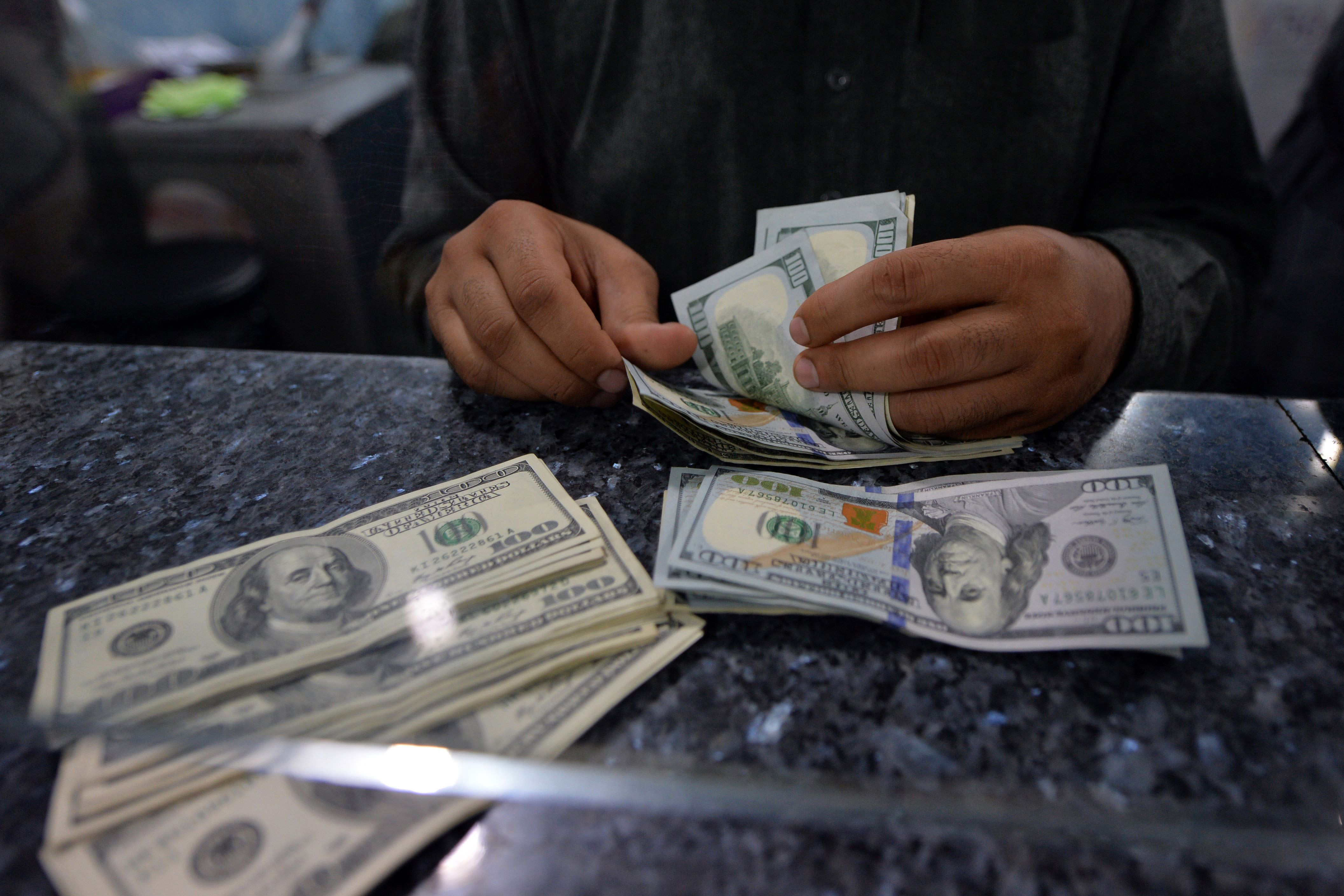
Sometimes, an economic paper delivers such a disturbing result that you have no choice but to sit up and take notice. That was the case for me, when I saw this new study by Stony Brook University’s Marina Azzimonti. Azzimonti’s disquieting hypothesis is that political partisanship is deterring overseas investment in the US.
When we think of foreign direct investment, we usually think of rich countries investing in poorer ones -- a US multinational buying a factory in China, for example. But the US increasingly depends on other countries’ investment to put its people to work. Nowadays, you hear lots of stories of Chinese companies building copper tubing factories in Alabama, German companies creating chemical plants in Louisiana or Japanese automakers building record numbers of cars in the US. But these are not isolated anecdotes -- the numbers tell the same story.
Americans don’t often talk about the need to lure foreign direct investment. But with the US’s own companies hoarding cash, and its own manufacturing industry failing to add jobs, policy makers should probably start thinking about how to get overseas corporations to put their factories, offices and research centres in the US.
What draws FDI? Intuition suggests that things like good infrastructure, good education and a predictable regulatory environment should make a difference, and those are all things that are desirable in their own right. But when economists have looked into the impact of these factors on FDI, the relationship has proven frustratingly hard to find. We just don’t know as much as we’d like about what concrete steps a government can take to bring in more foreign investment.
That’s why Azzimonti’s paper is so interesting. Her hypothesis is that partisan conflict is a major impediment to FDI into the US.
Partisan conflict creates doubts about the direction of public policy. Remember the brinksmanship in the 2011 debt-ceiling fight, when it looked as if the US government might be forced into a technical default on its debt, and the the country received a credit downgrade from Standard & Poor's? That kind of thing seems like it might act as a serious negative to overseas companies thinking about building U.S. factories. A technical default would cause financial chaos, spelling disaster for all sorts of domestic assets, so even the slight risk of this happening could chill foreign investment.
No matter what the eventual outcome of the political tug-of-war, the very presence of hyper-partisanship creates risks that policy will suddenly change. Some economists claim that policy turmoil creates big negative macroeconomic impacts. Since multinational capital is far more mobile than most, we’d expect the effect on FDI to be even larger.
Azzimonti tests this using an index of partisan conflict created by the Federal Reserve Bank of Philadelphia. The index uses text-mining of newspaper articles to measure the importance of partisan battles.
She then correlates this index with FDI inflows. Azzimonti finds that when partisan conflict increases by one standard deviation, FDI tends to fall about 25 per cent. That’s a very big impact!
Of course, this evidence is only suggestive. The sample period is short -- only about three decades. And the US is the only country being studied. Empirical macroeconomic research like this is inherently difficult, because of all the other things that are going on at the same time. Azzimonti naturally controls for many of these -- for example, she makes sure to include economic growth itself as a possible confounding factor, since it seems possible that slow growth could incite partisan conflict. But it’s impossible to control for everything.
Still, her result is probably more reliable than the usual macroeconomic correlation, simply because the data here is fairly high-frequency. Partisan conflict changes rapidly, since issues like the debt ceiling come and go within a month’s time. Economic variables, like growth and inflation, change much more slowly -- economies rarely suffer a dramatic downturn or spectacular boom within a single month. Hence, Azzimonti’s result should get a little more attention than the typical paper of this type.
The upshot here is that partisan conflict is probably hurting the US economy. The rise of the Tea Party and other intransigent partisan warriors in 2010 and afterward - is an especially disturbing development. America’s politicians should realize that their ideological crusades are bad for business, and bad for American workers. - Bloomberg View